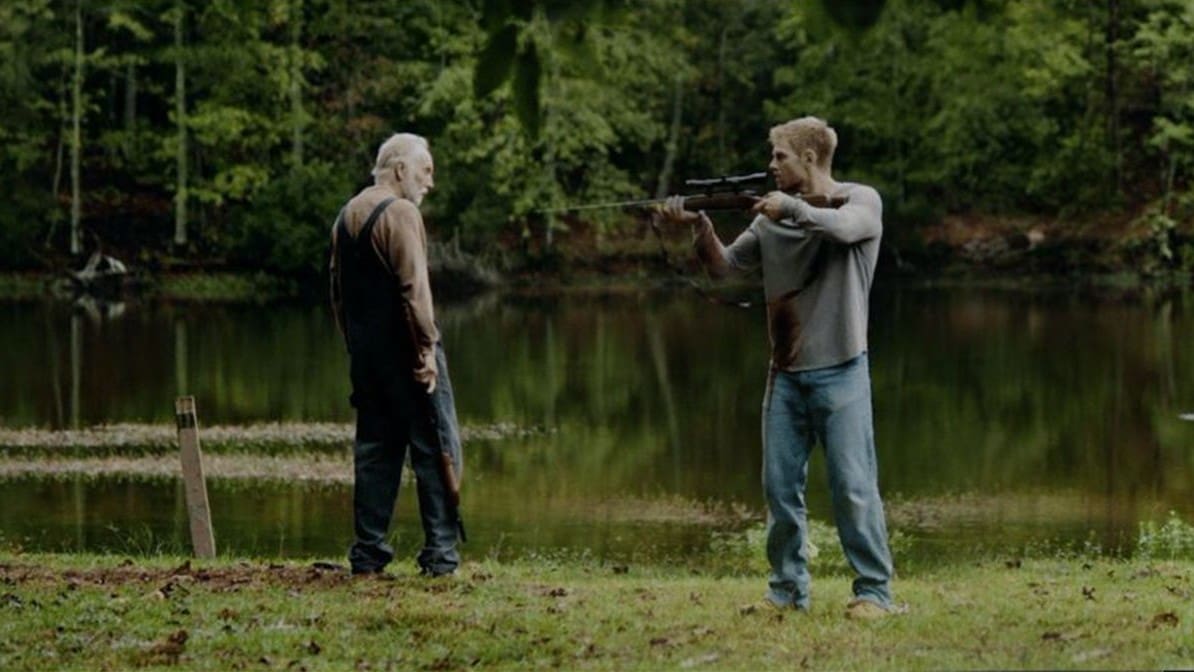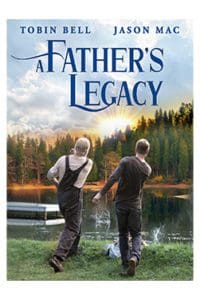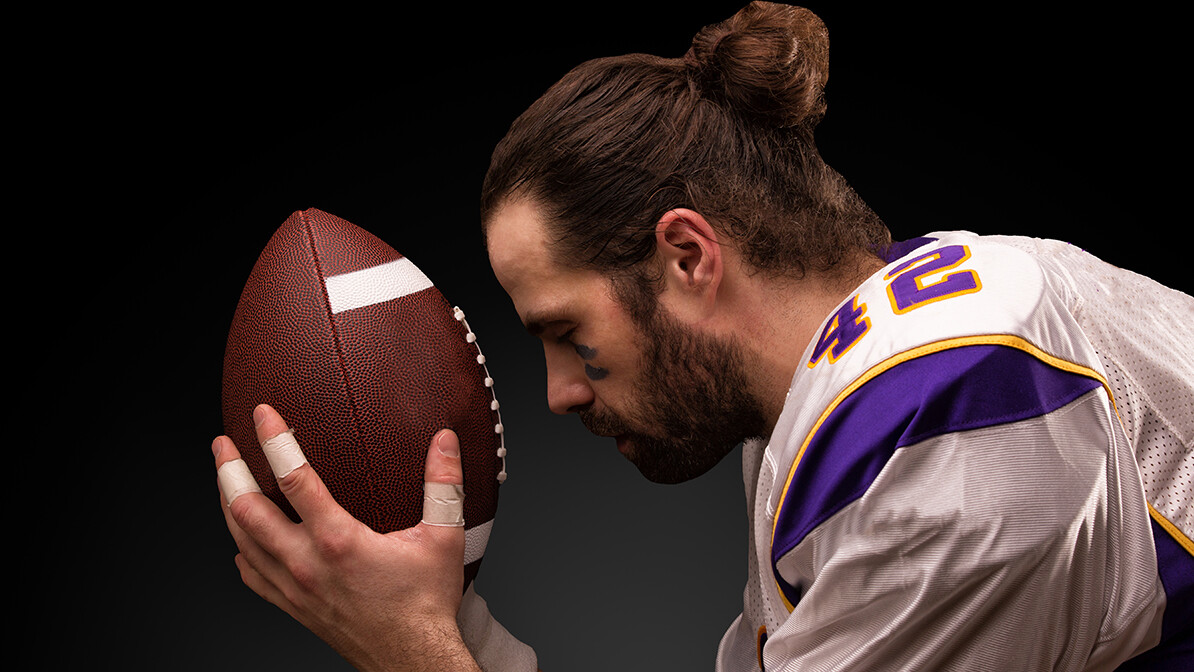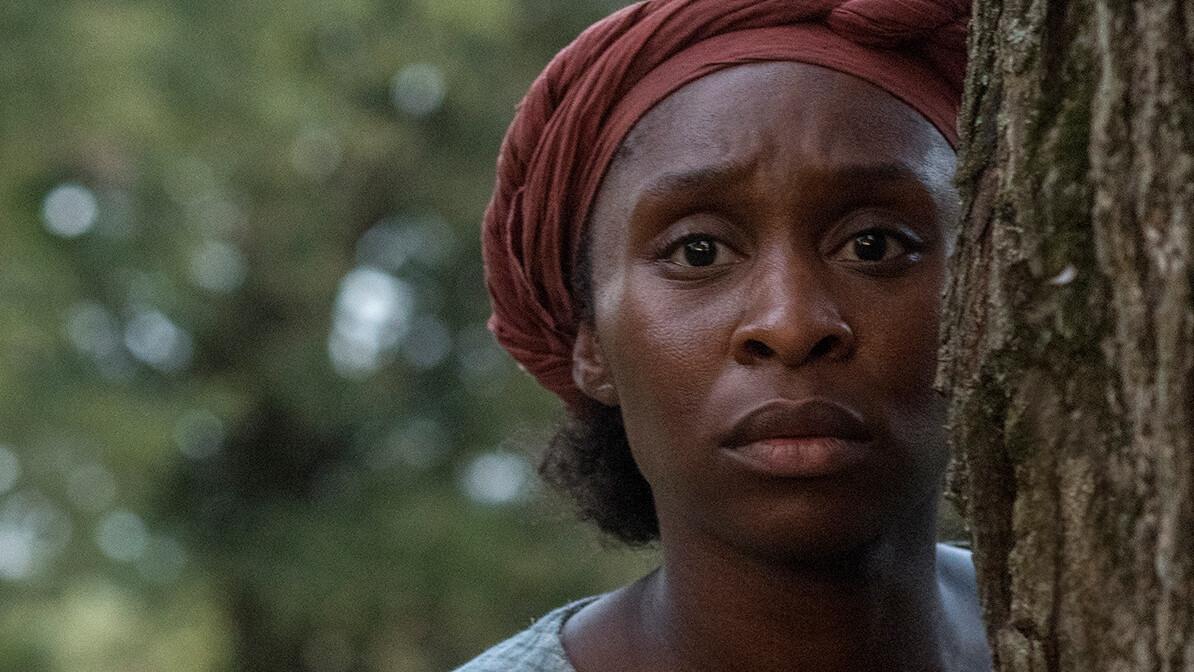- Home
- Entertainment
- Jason Mac: A Love Letter to My Dad (Part 2)

Jason Mac: A Love Letter to My Dad (Part 2)
 John Farrell: Was there a specific scene in A Father’s Legacy that was harder for you to do than others because it stirred up certain memories?
John Farrell: Was there a specific scene in A Father’s Legacy that was harder for you to do than others because it stirred up certain memories?
Jason Mac: There was one scene in particular. It takes place in a hospital. That scene was in the script from the very beginning, and it didn’t change very much. It was probably the one scene that scared me the most because I didn’t know what was going to happen. I didn’t know what was going to happen on a performance level. We showed up on the day of the shoot, and you just have to commit to the process, and you have to commit to your fellow actor. And once again, Tobin was amazing. He was there with me, and I was there as the character Nick.
But as far as the actual process, it was super stressful because I understood every day the razor’s wire that we were on. I knew that things could go wrong and how easily they could fall apart. There were a lot of moments toward the end of the shoot when everybody’s feeling a little bittersweet that we’re ending, but I was stoked because when we wrap this thing and we have it in the can I’m not living on the razor’s edge anymore.
There was a moment when I was in South Carolina where we shot for pre-production. I was there probably three weeks before we started shooting, and I think we were about a week out from shooting. There were a lot of things that were popping up that were not really falling into place. One was a financial issue, and then there were some other creative issues. The financial issue was almost like the cherry on top. It was a Sunday and there was football on.
I feel like I handle stress pretty well, and I can carry a lot on my shoulders and keep operating. But I was just overwhelmed, and I was like, “I’m not really having much fun right now, and I don’t know if I want to do this again.” It was a dead-serious moment. I was like, “I don’t know if it’s worth it. Do I really want to tell stories that bad, because this is not fun at the moment?”
There’s a lot of work to be done as a producer – rewriting scenes or punching them up. And as a director and as an actor, I still have to prepare. There’s always something to do, and I was just like, “I’m going to have to lay off tonight.”
I was in my bedroom praying. I was like, “I just don’t know. I don’t know.” And I very distinctly heard this voice in my head say, “It’s going to be okay.” I’m not the type of person that hears God all the time. I’m not trying to say, “Yeah, God talks to me every day.” I’m not that guy. I’m like, “Man, I have a really hard time discerning that voice.”
But that was one of the times where I legitimately knew that was not me because I did not believe it was going to be okay at that very moment. But I heard it very distinctly and clearly, and peace came over me. I was like, “Okay, alright. I’m going to trust tomorrow.” And sure enough, the next day the financial issue was worked out and we were on the road.
That doesn’t mean there wasn’t any more stress. But it was at that moment – that God moment when I was wigging out – when I knew it was going to be okay. I said, “Alright, I’ve got to trust.”
I’ll sometimes put a little too much on myself and I won’t trust the higher power with the process. When you do that, that’s when it gets dangerous. It was a really powerful moment and one that I probably won’t forget because it’s one of the few times where I’m pretty confident that God was talking to me.
A Passion for Storytelling and Impacting Others
JF: When did you first realize that you wanted to be a storyteller?
Jason: I think from the time I was very young I’ve always been really impacted by film and television. I wasn’t super in touch with my emotions. I grew up in the South, and I think a lot of the culture, especially for males, is that you’re not supposed to show emotion, especially that older generation. They’re a little bit more stoic. They’re a little more hard.
It wasn’t anything my parents did or anything like that. It’s just that culturally we try to stifle down these emotions. You don’t admit to fear, and you don’t want people to see you cry because that’s weak. But I remember how movies and shows would just hit me and affect me. They would make me feel these things that I would try to hide normally.
Then as I got older, I realized in my early twenties that I wanted to be an actor because I wanted to be a part of things that make people feel like that. That doesn’t mean that you’re always doing a tear-jerker drama, but maybe it’s a comedy and you’re helping people to escape and laugh. Or even a big action movie. It’s escapism. You just get to step out of the problems in your life for a little bit of time. Or even a horror. You get scared and you’re like, “Oh my gosh, is this person gonna die?” Being a part of that and being able to impact people through that.
As an actor, you’re never as busy as you want to be. At least most actors. I always wanted to direct because I like having an opinion. I’d probably be a good consultant, throwing my opinion places. I like having control. Is it a problem? Maybe. I don’t know. But as a director, you get control of all the pieces, and as an actor, you really only have control of yourself.
As a director, I have control over not only the actors but how we light the scene, how we shoot the scene, how the scene is edited together, the music we put on the scene, the color we put on the scene. As a director, you have access to the whole chessboard, not just one individual piece. And you can use that to craft your story.
I remember after I did my first short – it was only a couple of minutes and it’s on YouTube – I was like, “Oh man, I’m in trouble. There’s nothing else I can do. This is it. I have to tell stories.” There’s nothing that gives me more joy than went I’m creating.
The Journey to Stardom
JF: So, how did a guy from South Carolina end up in California making feature films?
Jason: Well, ain’t that the journey? I started out after college as a sales director for a microbrewery in Spartanburg, South Carolina, called RJ Rockers. I have a degree in finance, which is useful, but I didn’t know what I wanted to be. I was like, “Well, everything has to do with money. So, finance seems good. And you don’t have to write like a dissertation, so that’s nice too.”
I did that, and then I was the sales director for the brewery. A couple of years in, I was working really hard. I pride myself on that whatever I’m doing I’m going to try to do it well. But I asked myself, “Do I want to be doing this in five years? What do I really want? What do I at least want to try so I’m not waking up regretting where I’m at when I’m 40 or 45 or whatever.”
I was like, “I like TV and film.” I’ve always been impacted by these things. Some people ask about theater, but as weird as it sounds, I’ve never done any real theater. It’s not a medium that really appeals to me all that much because it’s a little bit more heightened. Film and TV is very grounded to me, and it just hits me on a different emotional level.
So, I was like, “You know what, I’ll start acting.” I would go to short film auditions and do student films. I did so much bad stuff, but then I landed this feature film in Atlanta and I was like, “I guess I’m going to quit my job.” So, I quit my job and did this film in Atlanta.
I moved home to Sumter, South Carolina, for a year while I continued to collect experience because I didn’t have any training. I didn’t go to any theater program or anything like that. I was learning on the fly. I had a sleeping bag in the back of my car, and I would sleep on people’s floors or couches and shoot stuff over weekends for nothing, except like a Subway sandwich.
After a year, I got an agent in Atlanta, and I went there. I was there for two years. My first real gig was “The Vampire Diaries.” It was so cool, and I was so nervous. I did a few smaller roles in Atlanta, and I was like, “It’s time go to LA.”
I wasn’t exactly being creatively satisfied in those smaller roles. They’re important to the show and it’s necessary for someone to do them, but I call them “bathroom roles.” If you can get up and go to the bathroom and potentially miss my role, those are bathroom roles. I wanted to land bigger roles, but you have to collect experience.
That’s when I came out to LA. LA is a tough place, but I’ve met so many wonderful people here and there are so many people to learn from and so many people to bounce ideas off of.
What’s really funny about A Father’s Legacy is that we shot the feature back in Sumter, South Carolina. I came all the way out here to go all the way back there to shoot the movie. That’s been my journey in a nutshell, but I love creating. I love telling stories and impacting people, whether it’s for five minutes, ten minutes, an hour, or an hour and a half.
Trending Now
Sign up today for your Inspiration Today Daily Newsletter
Supercharge your faith and ignite your spirit. Find hope in God’s word. Receive your Inspiration Today newsletter now!
John Farrell
John Farrell serves as the Digital Content Manager at Inspiration Ministries, where he oversees the planning, organization, and management of website content to support the ministry's global digital outreach. With a strong background in writing and editorial strategy, John ensures that the articles, devotionals, and discipleship resources on Inspiration.org are accurate, engaging, and aligned with the ministry's mission.
John has authored more than 1,000 articles, press releases, and features for Inspiration Ministries, NASCAR, Lionel, and Speed Digital. His versatility as a writer is also showcased in his 2012 book, The Official NASCAR Trivia Book: With 1,001 Facts and Questions to Test Your Racing Knowledge.
A graduate of Appalachian State University, John brings excellence and attention to detail to the digital experience at Inspiration Ministries. He lives in Concord, N.C., with his wife and two sons.
Related Articles
March 10, 2025
Finding Total Victory on the Road to Championship
I have been playing competitive golf for 55 years. Through the various stages of my life, my…
March 7, 2025
Average Joe Movie: SCOTUS, Praying Football Coach Backstory
When Coach Joe Kennedy knelt to pray at the 50-yard line after a high school football game, he had…
February 28, 2025
The Power of Story: A Muslim Journey to Hope
Storytelling is one of the oldest and most powerful ways to touch the human heart. Parents tell…
February 27, 2025
‘Harriet’ Movie: Courage, Freedom, Faith
Antebellum abolitionist Harriet Tubman had convictions and courage that helped free herself…
Next Steps To Strengthen Your Walk
Inspiration Today Newsletter
Supercharge your faith and ignite your spirit. Find hope in God’s word. Receive your Inspiration Today newsletter now!
Christian Articles
Find articles to strengthen your walk and grow your faith. We have a wide range of topics and authors for you.
Submit A Prayer Request
We are here for you. Simply click on the button below to reach us by form, email or phone. Together we will lift our hearts and voices with you in prayer.





